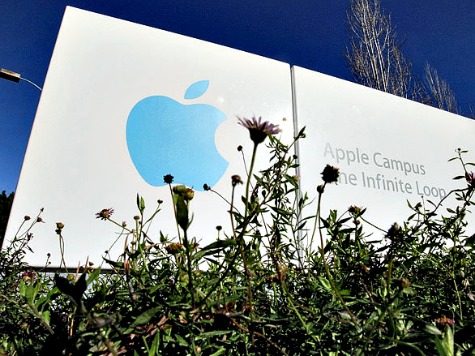
The stunning August 8th rejection by federal court Judge Lucy Koh of a $400 million settlement of claims against Apple, Google, Adobe and Intel Corporations for conspiring to hold down employee wages sent shudders through corporations in Silicon Valley and across the nation this weekend.
The court “admitted” the plaintiff’s expert testimony that the direct wage losses by the companies was $3 billion before punitive damages that could triple the award. But what may have started as a local shakedown by class action attorneys for a quick settlement has now mushroomed into a broad conspiracy that could ensnare hundreds of large and small tech companies across America in a blatant fraud led by Apple to cheat tech workers out of many billions in wages.
The law suit titled “High-Tech Employee Antitrust Litigation” alleged that the defendant corporations entered into an “overarching conspiracy” through a series of six agreements not to solicit each other’s employees, in violation of the Sherman Antitrust Act and Clayton Antitrust Act, in order to suppress employees’ wages. Supposedly the corporations referred to the practice as a “no-poaching” agreement.
U.S. District Court Judge Lucy Koh torpedoed the $324.5 million settlement, plus $75 million in legal costs that Apple, Google, Adobe and Intel had agreed to, with the plaintiff’s attorneys representing 64,000 Silicon Valley tech workers as a class. The attorneys would have made big bucks, but the remaining class of workers would have only got $3,750 each.
After the tentative settlement was filed with the court as agreed to by the corporations and the class action attorneys, one of the original seven plaintiffs and three tech workers in the class contacted the court to say that the settlement was too low. They pointed out that last year 147 of the impacted class of tech workers settled with Lucas Films, Pixar, and Intuit for $136,054 each in the same case.
Judge Koh subsequently found the discount was especially egregious. She stated that the plaintiffs’ case had grown stronger since the earlier settlement, certifying it as a class action and her ruling withstanding an appeal to the higher court.
“The court concludes that the remaining defendants should, at a minimum, pay their fair share as compared to the settled defendants, who resolved their case with plaintiffs at a stage of the litigation where defendants had much more leverage,” Koh wrote.
Judge Koh also rejected that there was any evidence that there had been more liability by the actions of the companies who had settled before Apple, Google, Adobe and Intel. She referred to e-mails between the defendants as evidence of an organized conspiracy.
“This is particularly true for Google and Apple, the executives of which extensively discussed and enforced the anti-solicitation agreements,” Koh wrote. She specifically mentioned the collusion by Apple cofounder Steve Jobs, Google Chairman Eric Schmidt, and Intuit Chairman Bill Campbell.
Judge Koh found: “There is substantial and compelling evidence that Steve Jobs… was a, if not the, central figure in the alleged conspiracy.” Emails between 2005 and 2009 showed that these powerful corporate leaders talked regularly about suppressing recruitment. In one 2005 email exchange, Steve Jobs warned Google co-founder Sergey Brin about attempting to recruit Apple workers: “If you hire a single one of these people, that means war.”
Michael Devine, one of the four named plaintiffs in the 2011 lawsuit, petitioned the court that the settlement was inadequate. In an April letter, the former Adobe engineer said the settlement was the equivalent of a “shoplifter stealing a $400 iPad from an Apple store and being able to resolve the theft by paying $40, keeping the iPad, and not having to admit wrongdoing.” His letter stated that “There’s no justice for the class in that, nor is there any real deterrent to future wrongdoing.” Mr. Devine added that the class of tech workers deserved the chance to achieve “justice.”
The ruling by Judge Koh indicates that she believes the evidence has established that the corporate conspiracy was “egregious,” and the wage losses were $3 billion. If the case goes to trial under such circumstances, there is a good chance that a jury would award the $3 billion in wage damages support, a punitive damages award that would triple the damages to $9 billion.
A few other Silicon Valley companies, including eBay, have settled similar antitrust cases with the U.S. Justice Department and California regulators by agreeing not to enter into such anti-competitive hiring arrangements in the future.
But with the type of money damages now flying around in the “High-Tech Employee Antitrust Litigation” in Silicon Valley, it will now be class action hunting season against hundreds of large and small tech companies across the United States that may have conspired to defraud their employees out of billions in wage fraud.
The author will respond to reader comments.

COMMENTS
Please let us know if you're having issues with commenting.